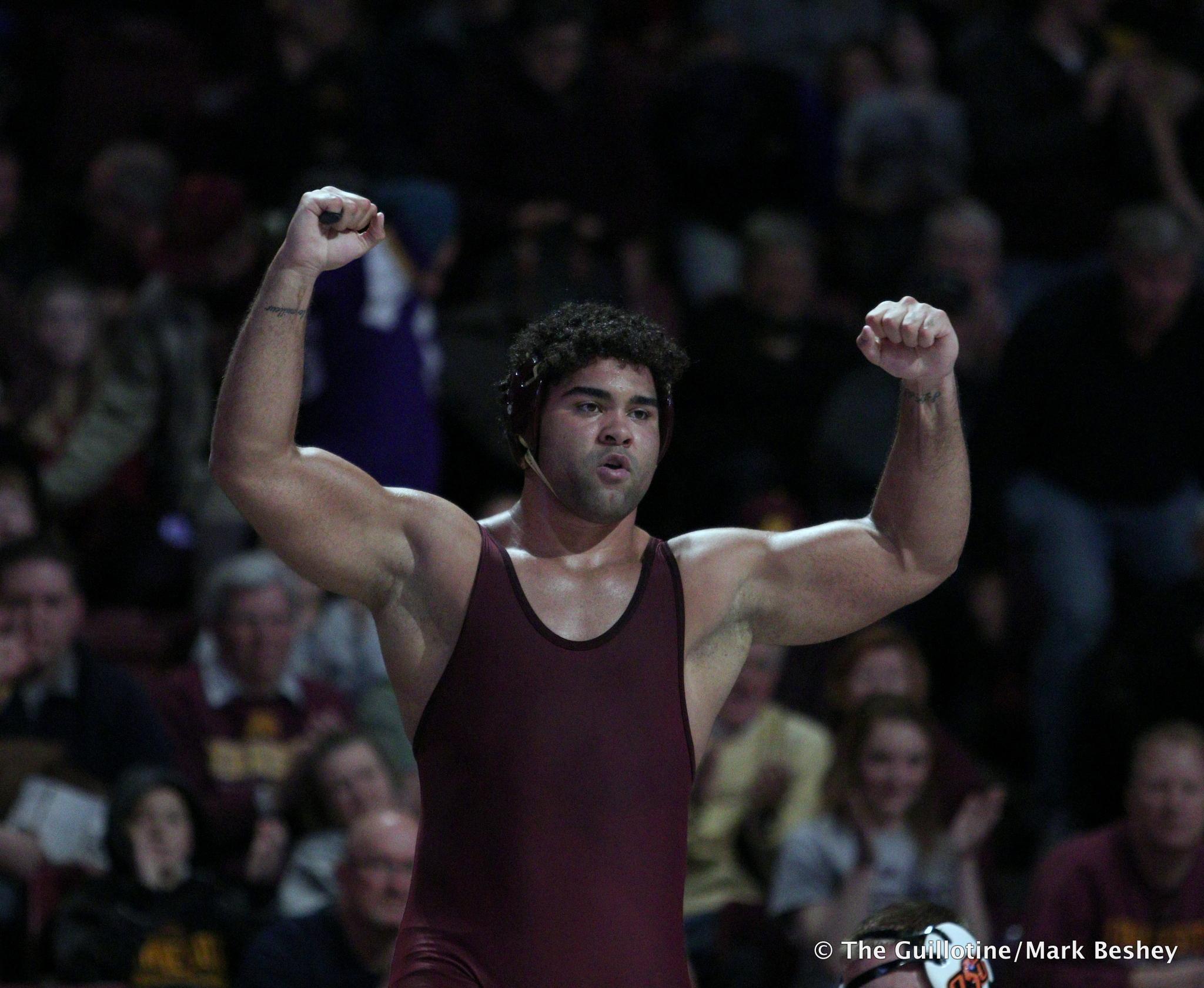Resilience and the 2020 Olympic Games

When we look back at the 2020 (2021) Olympic Games there will be endless stories about the history made in those three weeks in Tokyo. For me, the big story is the focus it took for these athletes to be prepared to make teams and win medals and in March of 2020 the world shut down. I can only give you a look on the wrestling side of things, but it was very crazy to say the least.
The final time to qualify your country for the Olympic games came the 2nd weekend in March of 2020. The event was the Pan American Olympic qualifier and the top two finishers in each weight class qualified their country for the games. For Americans, they had to still make the US team – but this was an important step. There was a lot of questions leading up to the event and quite frankly, we all thought it would be cancelled. To have the focus to not be deterred by what was going on in the world took so much effort. Luckily, they were able to run the event safely and quickly. This was the last event for many months.
Fast forward some 17 months later and we had the Olympic Games finally starting. There were two wrestlers that stood out to me. They are Gable Steveson and Helen Maroulis. Their wrestling stood out for sure, but they had two very different challenges to overcome that was even more impressive.
Gable is a young star from the University of Minnesota who has taken the NCAA and world by storm over the last few years. He was in trouble in the Olympic finals though. He was down by two takedowns with about eleven seconds left in the match. If you had to guess the probability of him winning, it would've been at 1%. He was smart in his tactics, and after his first takedown in 5 seconds, he immediately got up to attempt one more. With less than a second left on the clock, he scored the winning takedown and history was made. The focus and resilience to stay in the match when things were looking bad was the reason he succeeded at the end.
The other Olympic Champion I wanted to highlight is Helen Maroulis. She made history in 2016 by winning Olympic gold and was favored to win again this year. However, she suffered a heartbreaking loss in the semi-finals. Her dreams of repeating with an Olympic gold were over. But she is a champion, so she fought through the disappointment and won her next match to win the Bronze medal. That is tough to do after a loss like that, especially when you're the returning Olympic Champ. This shows leadership to herself, her teammates and anyone who is looking up to her.
Unfortunately, you can’t win every match, but you can always show the leadership and resilience to bounce back strong!
Photo credit: "285: #5 Gable Steveson (Minnesota) dec. #3 Derek White (Oklahoma State) 8-2. 181118AMK0255" by The Guillotine is licensed with CC BY-NC 2.0. To view a copy of this license, visit https://creativecommons.org/licenses/by-nc/2.0/